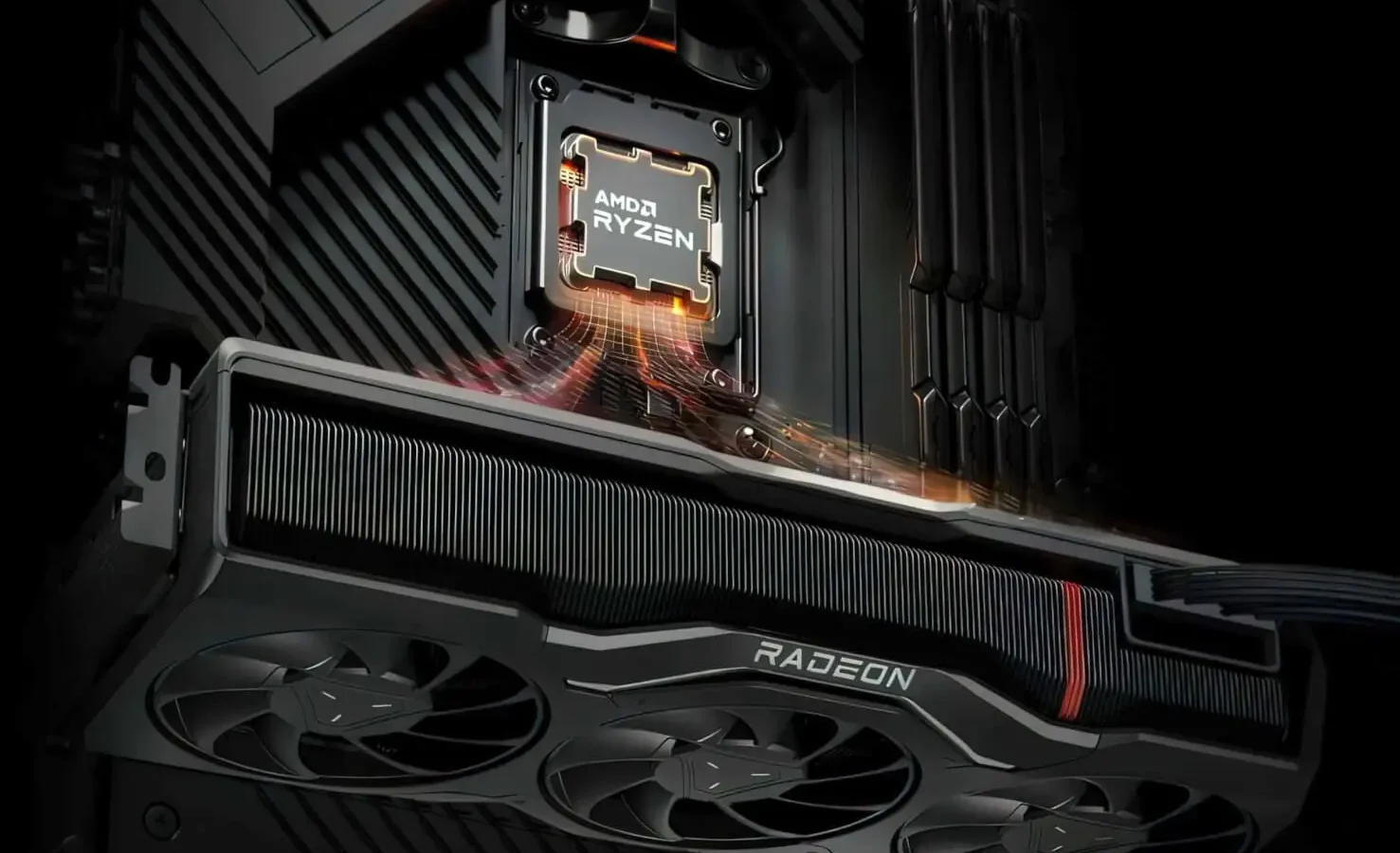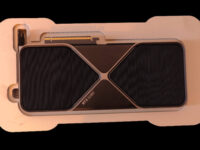
An interesting observation has come to light. Intel’s 13th/14th Gen Raptor Lake processors (seemingly) offer much faster game load speeds than rival AMD’s Ryzen 7000 offerings. This was recorded with a PCIe Gen 5 SSD using top-of-the-line Z790 and X670E motherboards, respectively. The tests were conducted by mydrivers using 3DMark, CrystalDiskMark, and AS SSD Benchmark:

In the 3DMark Storage test, the Intel Core i7-13700KF produces an average bandwidth of 695 MB/s (44ns latency) on the given Gen 5 SSD. It’s worth noting that this benchmark simulates the loading of Battlefield 5, Call of Duty: Black Ops 4, and Overwatch. It’s therefore, a more reliable indication of real-world storage performance.

The Ryzen 7 7800X3D nets an average bandwidth of 403 MB/s (75ns latency) in the same benchmark, granting the 13700KF a 70% advantage. The deficit is similar across the test’s three sections, and the Raptor Lake part holds a consistent lead throughout the benchmark. The other two synthetics produce mixed results:

The Ryzen 7 7800X3D is faster in sequential reads, but considerably slower than the Core i7-13700KF in the 4K random read/writes. The X3D is also slower than its Intel rival in sequential writes, and has lower read/write access times.

So, what’s going on here? The Core i7-13700K has 20 PCIe Gen 5 lanes, while the Ryzen 7 7800X3D has 24. The motherboards used for the above test are the ASUS ROG Z790 Maximus Dark Hero and the Gigabyte X670E Aorus Extreme.
On the former, one or two M.2 SSDs are connected to PCIe lanes from the CPU, while the rest are connected to the chipset. The graphics card and all three SSDs are connected to the CPU on the AMD platform. However, this should have an impact on SSD performance. Further testing is required.





